Climate change news, features and articles

Climate change is real and it's getting worse. Global temperature averages are creeping upward, seas are warming, rising and becoming more acidic, and extreme weather events such as droughts, wildfires, floods and powerful storms are becoming more common. The threat is so great that humanity must act now to defuse what United Nations scientists call a "climate time bomb" which, if ignored, will yield "untold suffering."
At Live Science, our expert writers and editors cover the impact of global warming, and the measures that scientists, world leaders and innovators are taking to reduce our harmful impact on the planet, with the latest climate change news, features and articles.
Discover more about climate change
—Climate change: Facts about our warming planet
Latest about Climate change

Amazon rainforest is transitioning to a 'hypertropical' climate — and trees won't survive that for long
By Sascha Pare published
The Amazon rainforest currently has a few days or weeks of hot drought conditions per year, but researchers say this could increase to 150 days per year by 2100.

'It is simply too hot to handle': 2024 was Arab region's hottest year on record, first-of-its-kind climate report reveals
By Skyler Ware published
The Arab region just had its hottest year on record, a new climate report reveals.
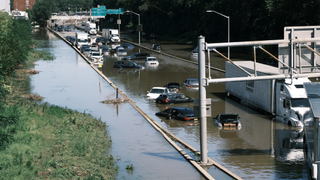
Once-in-a-century floods set to become annual events in northeastern US in the next 75 years, study finds
By Brian Owens published
Rising sea levels and storm surges from hurricanes will bring more frequent extreme floods to northeastern U.S. states, including Connecticut, New York and New Jersey.
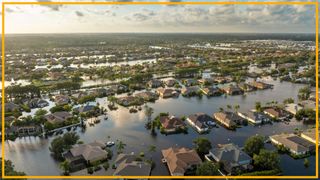
Climate change is real. It's happening. And it's time to make it personal.
By Dr Jo Cutler, Professor Patricia Lockwood published
Opinion We found the psychological impetus people need to take action on climate change — realizing it will affect them and their way of life personally.

World's first global carbon tax was about to be introduced. Trump dealt a 'devastating blow' to the deal.
By Naveena Sadasivam, Grist published
After the Trump administration threatened countries with tariffs and visa restrictions, a first-ever global carbon tax is left to an uncertain future.
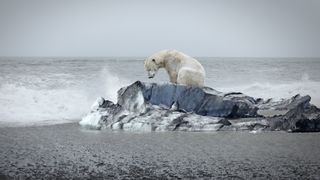
Global warming is forcing Earth's systems toward 'doom loop' tipping points. Can we avoid them?
By Patrick Pester published
Earth may be on the verge of crossing several climate change tipping points that could have irreversible and devastating consequences. Here's everything you need to know about these "points of no return."

It's official: The world will speed past 1.5 C climate threshold in the next decade, UN says
By Sascha Pare published
The UNEP's 2025 Emissions Gap report has found that global average temperatures will exceed 1.5 C (2.7 F) before 2035 — and this just days before the COP30 climate summit kicks off in Brazil.

Sink or swim? What will human migration look like as climate change impacts take hold
By Susannah Fisher published
In this excerpt from "Sink or Swim," author Susannah Fisher explores the future of human migration, and what that will look like based on the difficult choices we make in the coming years.
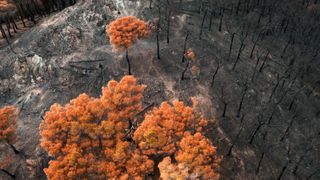
22 of Earth's 34 'vital signs' are flashing red, new climate report reveals — but there's still time to act
By Sascha Pare published
Earth's systems are nearing tipping points that could plunge the planet into a "hothouse" regime — but there's still time to prevent that from happening, scientists say.
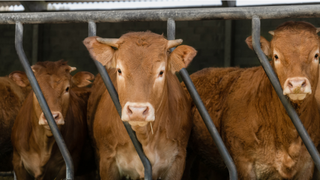
Meat eaten by city-dwelling Americans produces more CO2 than the entire UK — but there are easy ways to slash it
By Sophie Berdugo published
Halving how much edible food is thrown away, swapping beef for pork or chicken and having one meatless day a week could slash the carbon "hoofprint" of U.S. cities by up to 51%, a new study finds.
Get the world’s most fascinating discoveries delivered straight to your inbox.


